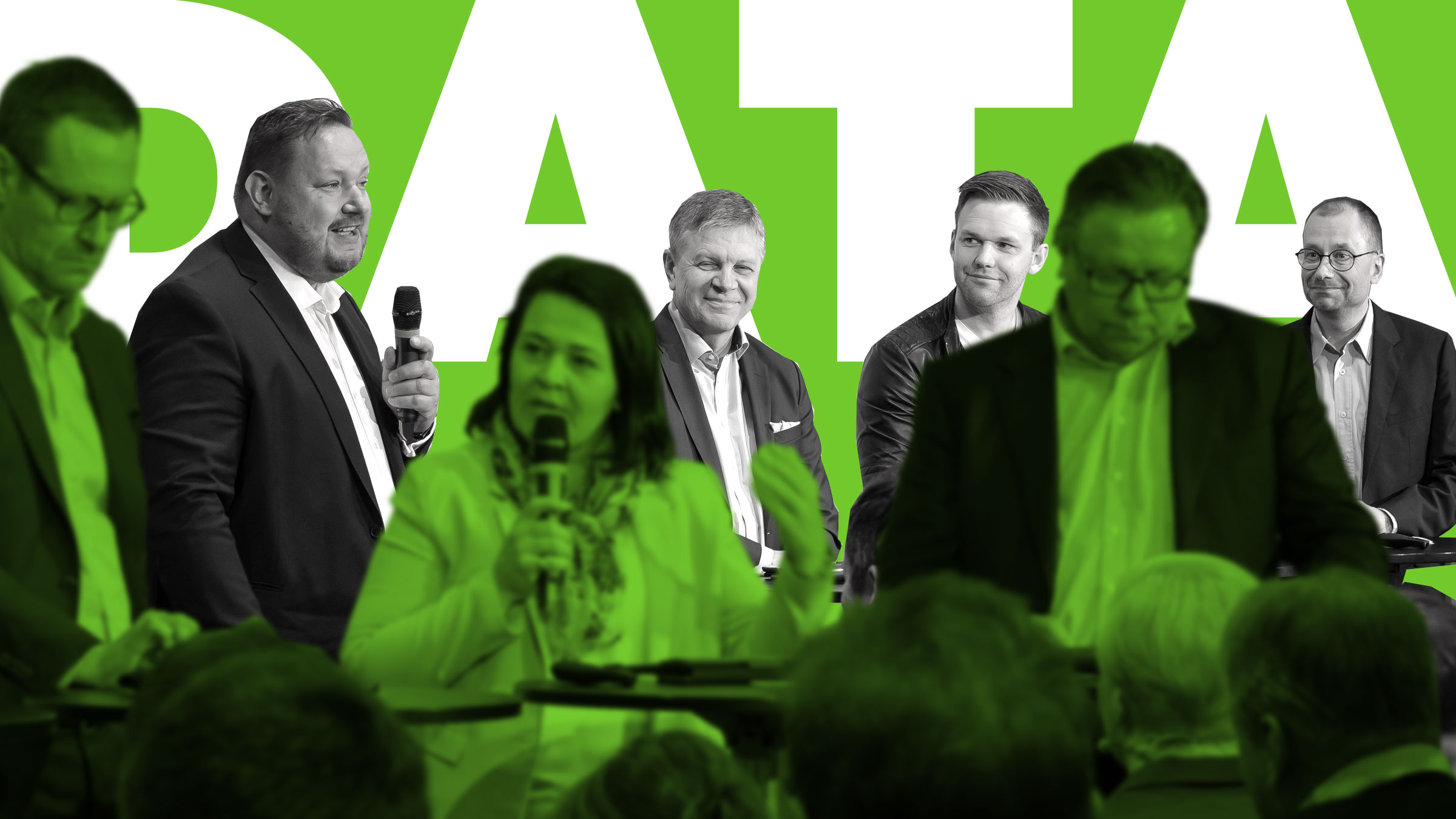Here are five takeaways from the event (programme and recording available):
1. Consumers need to know what they signed up for
If you approached a person on the street and asked them what they think about the PSD2 or the PSI directives, and how these affect their lives, you are most likely going to face an empty stare or a fast exit from the situation.
This just shows how important it is to educate the public on why they should be interested in their data usage. Luckily the work is underway: the issues regarding the flow and ownership of data are talked about and and people are increasingly asking for clear rules on how these are to be handled.
Bare education isn’t enough though – we also need concrete tools and services to put that knowledge to work.
2. New business models require experimentation with new combinations of data
Businesses need to experiment and find new ways to use data. This is dependent on several factors, one of which is the regulatory landscape in which the businesses operate. We need a solid footing and solid regulation to enable European businesses to bloom in the new data economy.
Just to mention one of the large questions still unanswered regarding different types of data, here’s an example: There are a variety of data collected from all around us, and even defining how they relate is not an easy task. Rules on personal data ownership are a whole different topic from the question of who owns the gigabytes, even terabytes of data produced by cars. Opportunities and pitfalls are aplenty, and businesses are in the forefront in creating the solutions and the framework for the new data economy.
3. A message to the EU: More solutions and less pure policy making
As is well known, decision making in the EU is not the swiftest, as it requires molding together a plethora of somewhat differing needs and demands. A lot has been already achieved in finding the political momentum to transform our data economy, but a lot of work lies still ahead.
First and foremost, political pressure from the public is needed to actually raise the subject on the political agenda. But we’re slowly getting there – the issue is being raised in the media more often, and the Finnish government, for example, has worked on defining the rules for the new age to come. The message is clearly resonating in the EU as well.
4. Out with the humility – The Finnish EU-presidency allows a chance for progress
The next half a year is a time to shine for Finland, as we assume the presidency of the EU. This allows for a chance to bring together the relevant stakeholders and hold a wide variety of talks concerning the needs and the common rules for the data economy.
As Luukas K. Ilves said in his keynote at the beginning of the seminar, we Finns need to be less humble, as the solutions we come up with work not just in Finland but can be applied in all of Europe. The EU presidency brings possibilities to organize meetings for relevant people to work on these issues and help them agree on how to develop the regulation further. It’s also an opportunity to let the rest of Europe know about our work on the new models for the data economy.
5. The public sector has a key role in showing an example
A key ingredient in encouraging the public to give consent to their data usage is trust. As we’ve seen in the headlines in the recent years, trustworthiness hasn’t been the word people would choose first to describe how companies have handled their data. The positive thing is that a change is clearly coming – the right to privacy and ensuring the fair usage of data are issues which the public is increasingly concerned with.
What the public sector has a great opportunity for, is leading by example and finding ways to actually add value to citizens through usage of their data, and thus instilling a sense of trust to the consumers. They can show that there are actual ways to add value to people’s lives through the free flow of data – of course in a responsible, transparent and commonly agreed upon way.
#IHAN #fairdataeconomy

















Recommended
Have some more.